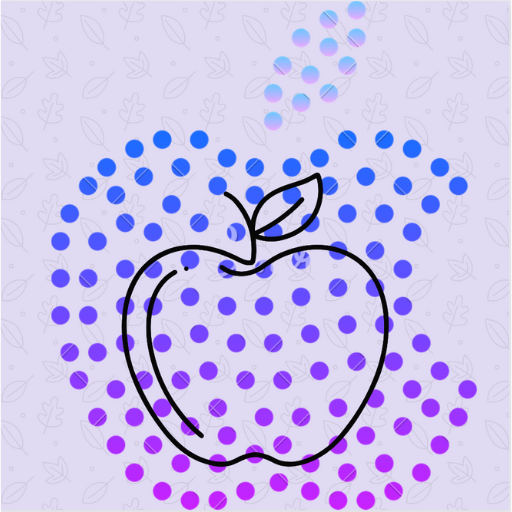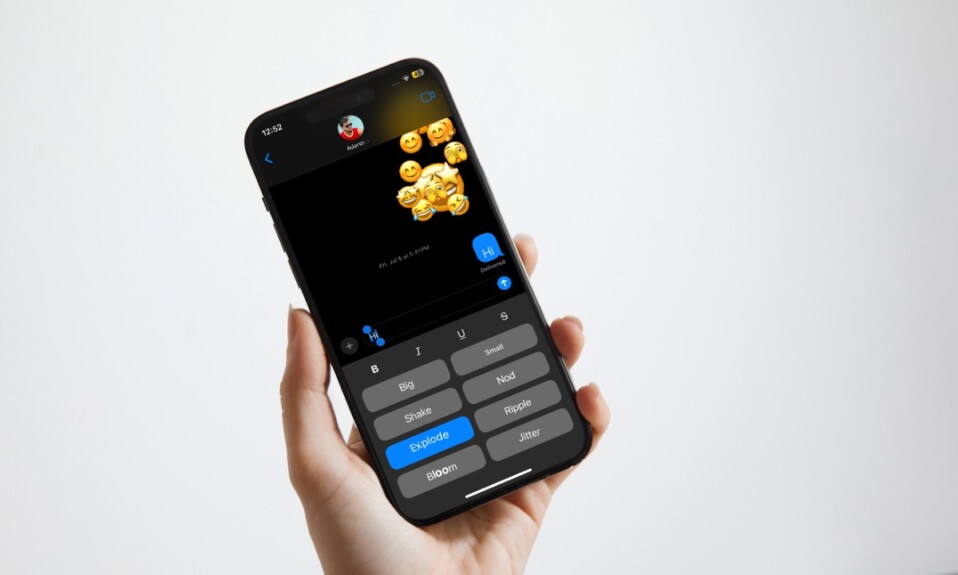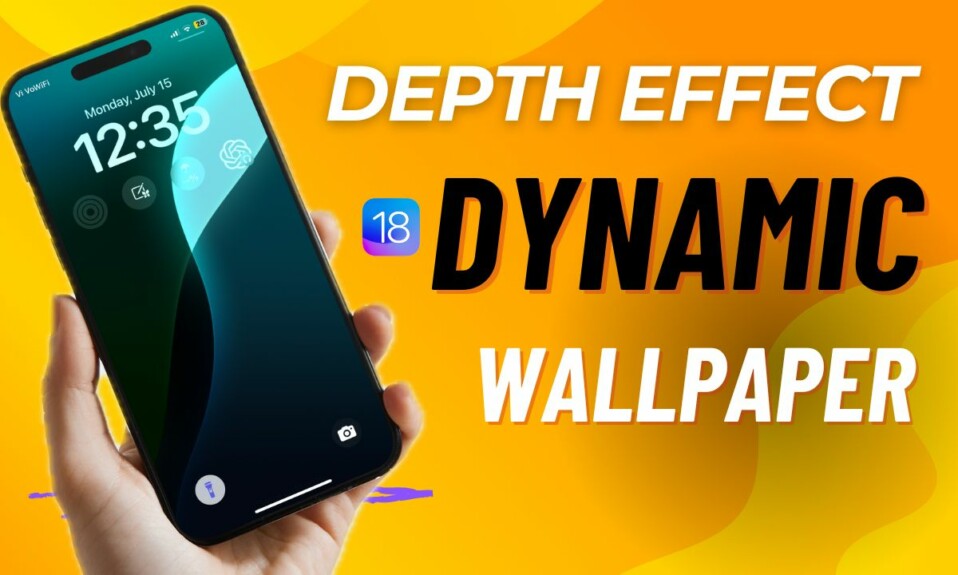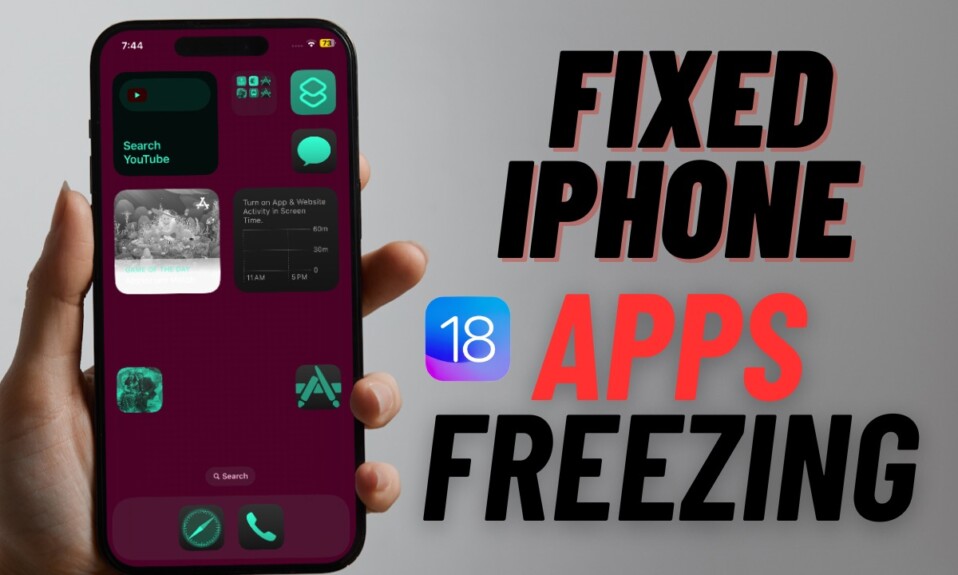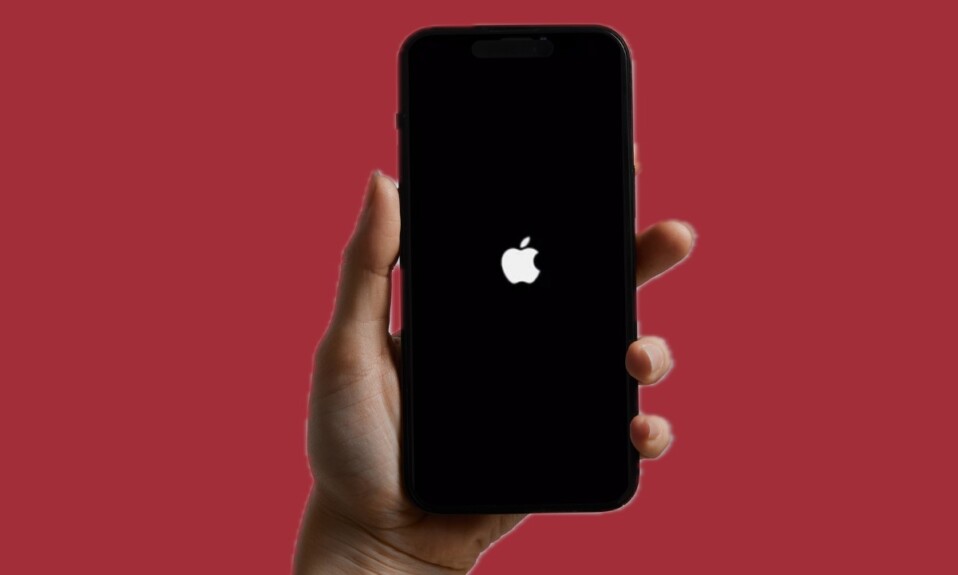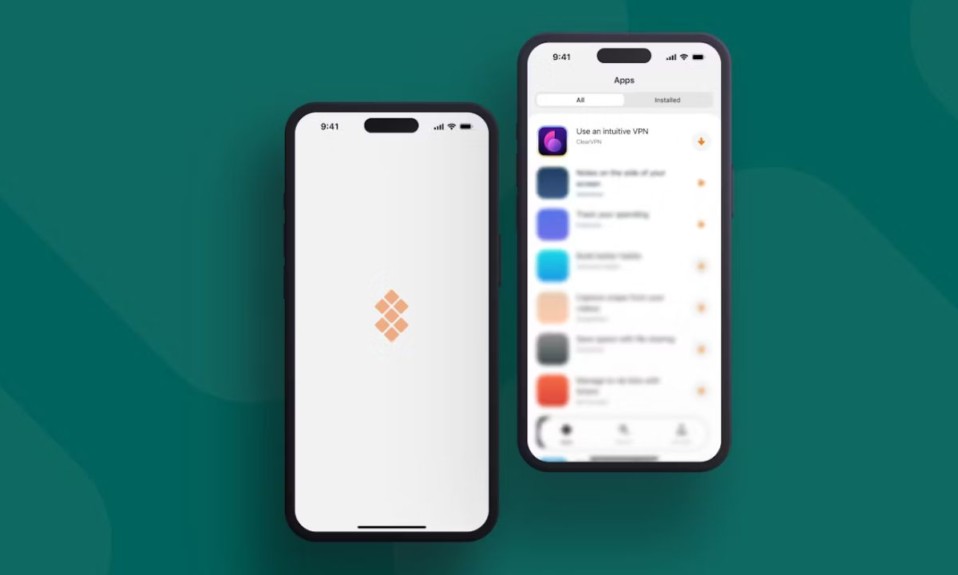
Even as iOS 17.4 is just about to go live publicly, Apple has termed the DMA (Digital Markets Act” less secure and also stated that it will jeopardize the security and privacy of users in the EU.
The Cupertino Giant has detailed all the changes that are going to take shape with the implementation of the Digital Markets Act in the EU in a 60-page whitepaper. Besides, the company has also highlighted its efforts to safeguard user security and privacy in the European Union.
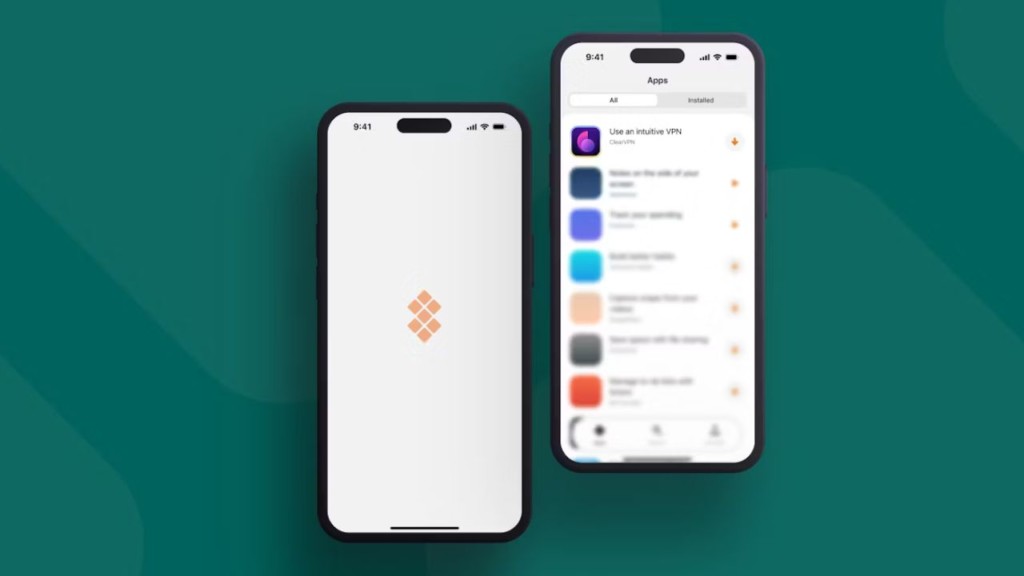
Despite putting all the needed efforts to shield user’s safety, Apple has said that EU users’ privacy and security won’t have the same level of protection as in the rest of the world. The iPhone maker has further added that it has built more than 600 new APS and developer tools in order to meet the changes required for DMA, stressing the fact that the safeguards it has implemented for an app distribution will apply irrespective of where a developer sells an iOS app.
In order to provide a safer app installation experience, Apple has introduced the “Notarization” process which consists of both automated and human reviews. Apple’s biggest concern is that the brand-new third-party app stores in the EU will be enticing fodders for spammers and malicious actors.
“These safeguards will help keep EU users’ iPhone experience as secure, privacy-protecting, and safe as possible—although not to the same degree as in the rest of the world. Malicious actors have long struggled to gain access to iPhone because of its best-in-class security and privacy protections. Apple’s integrated approach to platform security has put the iOS ecosystem out of the reach of commodity malware—in fact, cybercriminals have never succeeded in getting a single widespread consumer malware attack on iOS. They have learned that Apple’s integrated approach to platform security makes most malware infection attempts a lost cause,” said Apple.
Apple’s fears stem from the fact that the Notarization process lacks a constructive content guideline like the one the App Store has. Hence, there is a high likelihood that offensive and explicit content will rule the roost in the disguise of serving users.
While it’s always a pleasure to have the desired freedom to install any app that pleases your taste or for that matter customize your iPhone to your heart’s liking. There is a thin line between both aspects. Already grappling with rampant hacking and out-of-the-blue spamming, the end users need to have enhanced safeguards against malicious attacks.
In the wake of less restricted third-party marketplaces and shady content guidelines, malicious actors will have never-seen-before opportunities to strike the gold on iOS. Thus, wisdom recommends having a win-win situation where the average consumers not just have the ultimate luxury but also the heightened security – at all hazards. What’s your take on it?
Read more: 5 Best Tips to Fix Personal Hotspot Not Working on iPhone
